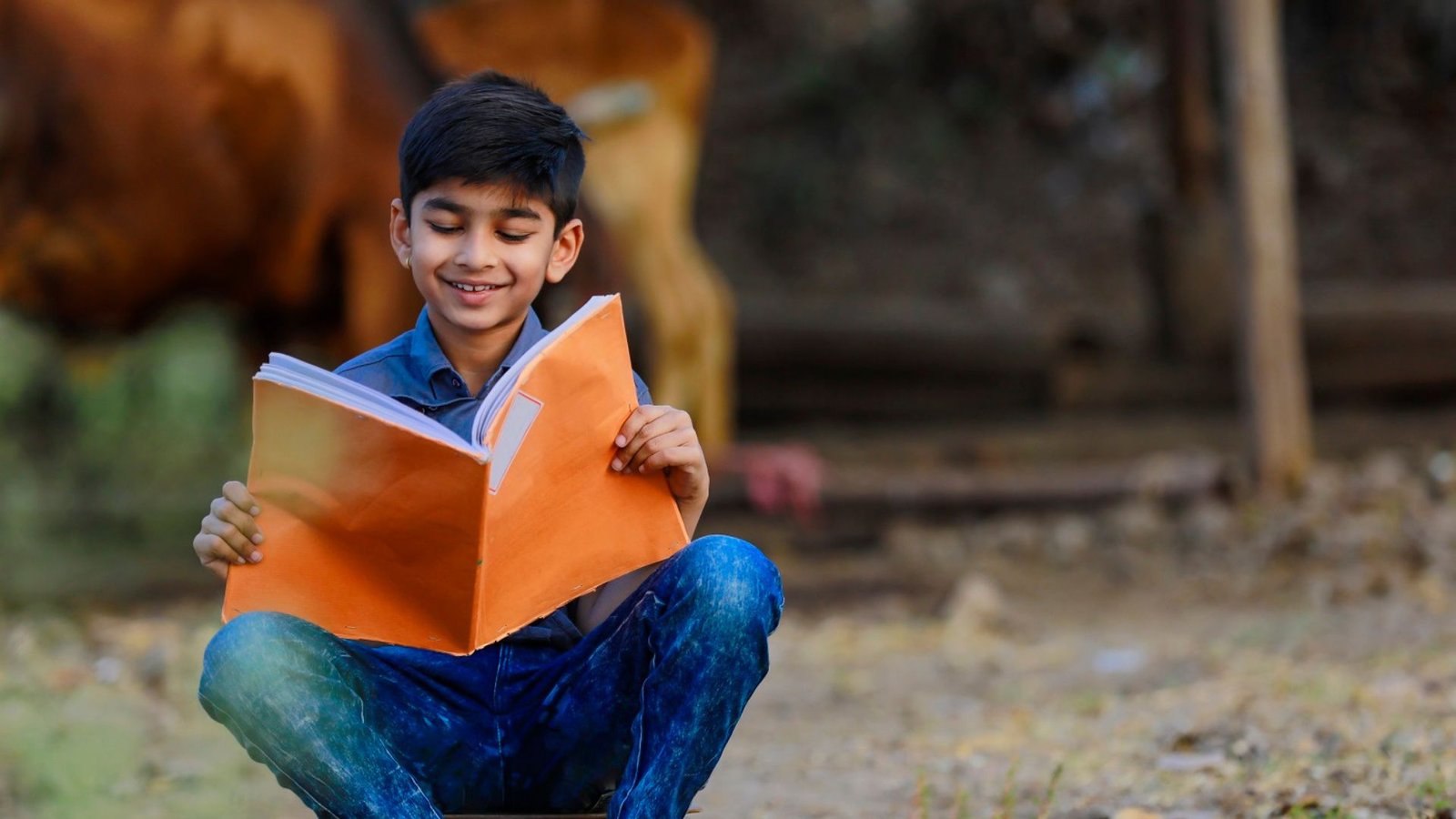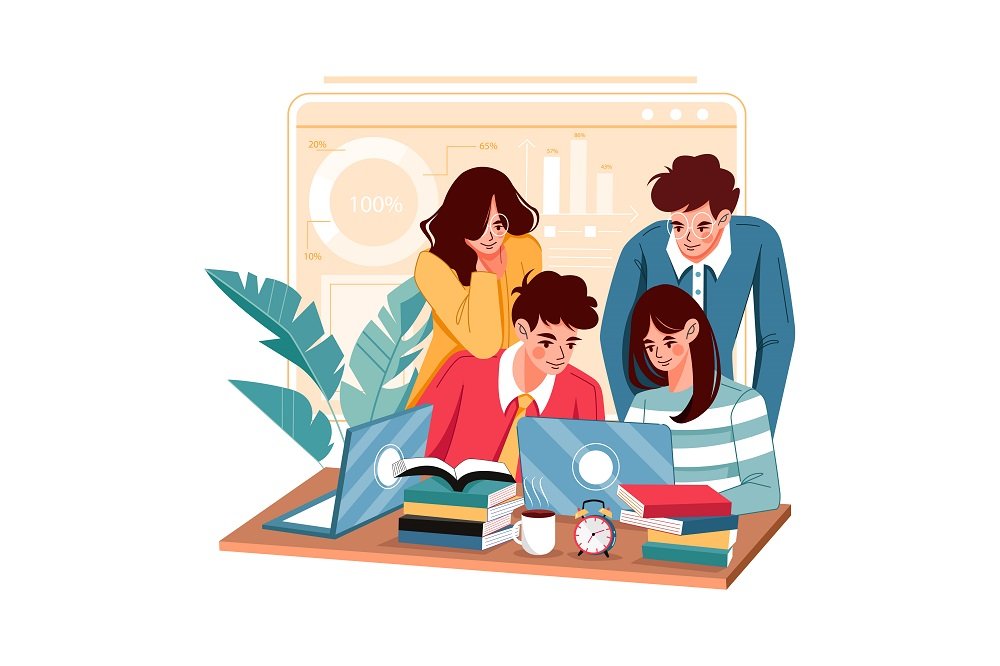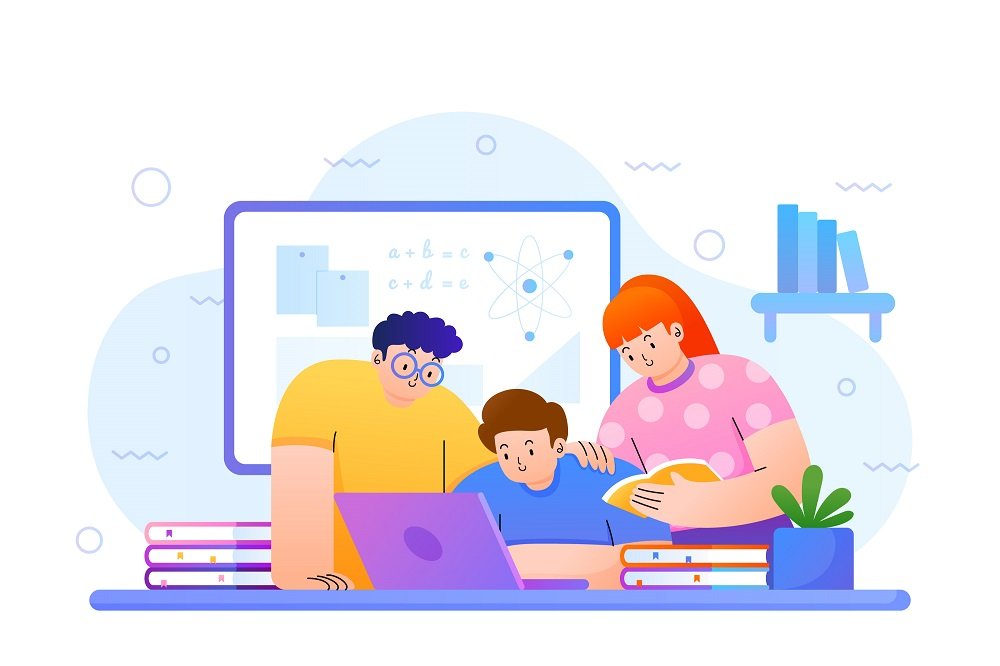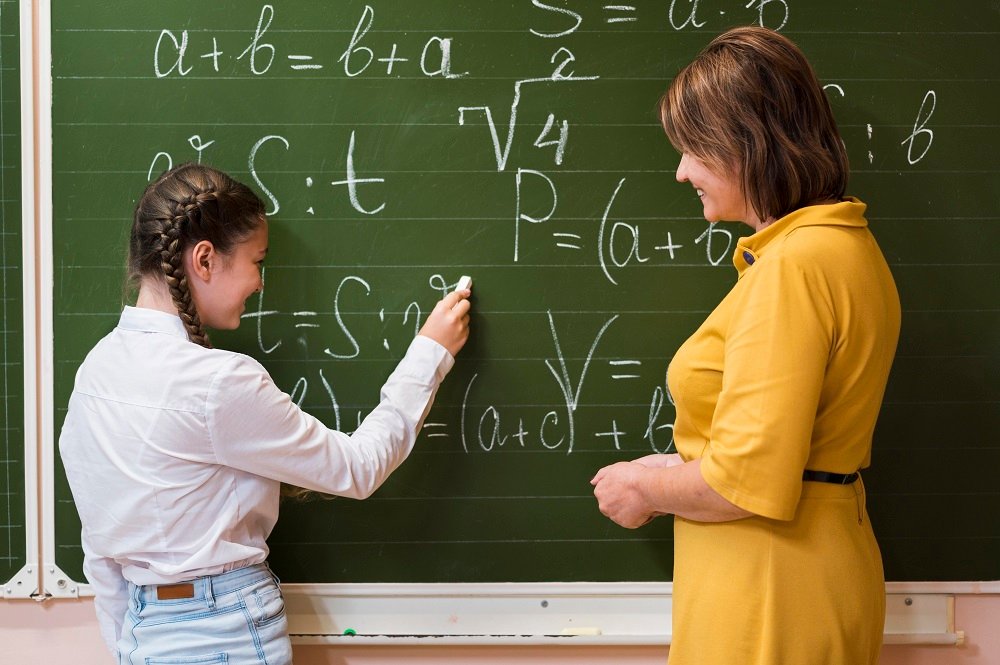Primary school is challenging. Studying becomes a chore and many times, kids are left complaining about the studies or even not doing it at all. But it doesn’t have to be this way. There are things you can do to make studying a little more fun and a lot less of a pain for your child.
Here are three things primary school students can do to help them conduct their studies effectively.
Read out loud for 15 minutes each day.
A lot of primary school students find it difficult to read out loud. This can be because they are not confident in their reading skills or because they are shy.
When you read out loud, you will build up your confidence and this will help you with other subjects such as maths and science. You may also find that reading out loud helps you with spelling and grammar as well.

Choose books that interest you. If you choose books that interest you, then it will be easier to understand them and remember what they say. Also, if the book is interesting, then this will make it easier for others to listen to what is being said – perhaps in class or at home with friends or family members.
Practice listening skills by listening to a story on tape (CD) or online. You might want to record yourself reading a story aloud and then play it back so that you can hear how well you did!
Always ask your teacher for help.
As a primary school student, you’ll learn about a lot of new things and develop different skills. That’s why it’s important for you to stay focused on what your teacher is teaching. Here are three tips that can help you do just that:
Always ask your teacher for help. Teachers are there to help you learn. You shouldn’t be afraid to ask them questions if you don’t understand something or if you need some extra guidance in completing an assignment. It’s important that you speak up in class because this way, your teacher will know exactly where you stand in terms of comprehension and understanding.

Make sure that you understand what your teacher is saying before moving on to the next lesson. Don’t try to rush through the lessons because this could lead to confusion later on when it comes time for tests or quizzes. If something doesn’t make sense, don’t hesitate to ask for clarification from your teacher immediately so that it doesn’t become an issue later on down the road.
Don’t let distractions get in the way of learning! This can be especially difficult during lunchtime or between classes when other students are talking loudly and making noise around you. In order to stay focused, try listening to music without lyrics so that it blocks out background noise
Commit to your study schedule, and do the best you can.

If you’re a primary class student, it’s important to commit to your study schedule. Many students start off the year with good intentions but then lose motivation after a couple of weeks. Going back to school after a long summer break can be difficult, but if you’ve got a plan in place for how much time you’re going to spend studying and when, it will be easier to stick with it.
It’s also important that you do your best while studying. When we say “do the best you can”, we don’t just mean that we want you to try harder than usual or give 110%. We mean that we expect you to take responsibility for learning and growing as an individual — not just as an academic student but also as an individual who cares about their own personal growth and development.
Conclusion: The tips above will help your child’s study habits and may even pay off later with improved study skills. Even if they don’t, they will definitely help them succeed this year. With a little help from you and the tips above, your child can be well on their way to an excellent academic performance this coming school year.





